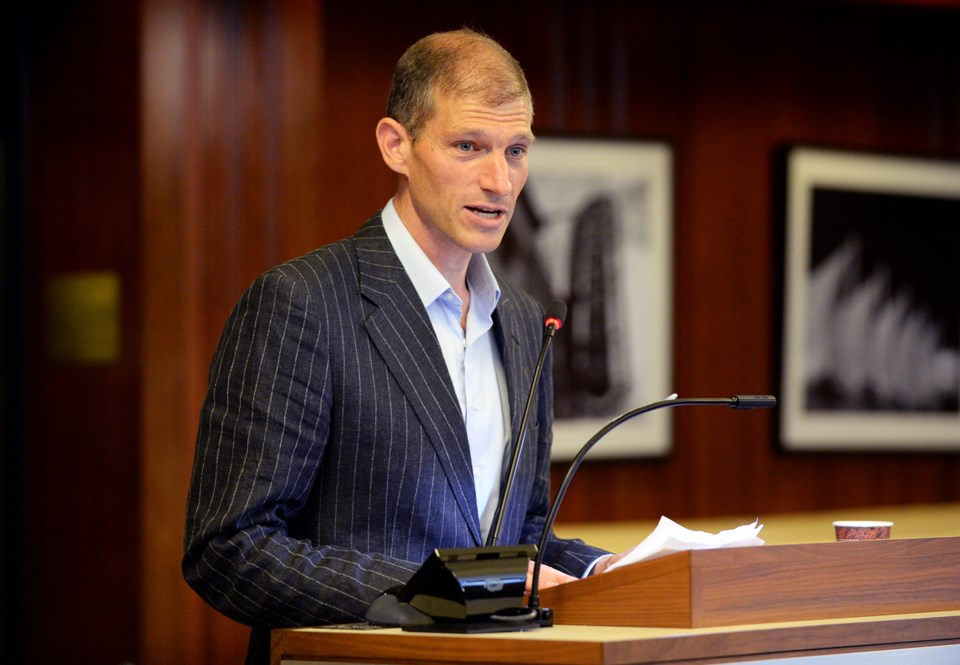A radical, innovative property tax model to improve housing affordability for renters has been proposed by a UBC associate professor.
In new research in the Canadian Tax Journal, UBC Sauder School of Business associate professor Thomas Davidoff suggests a new method for increasing homeowners’ annual property taxes that would result in lower income and sales taxes for all residents.
In a , published by the UBC website, Davidoff says, “We’ve got a really out-of-balance tax system here — it’s a great place to buy real estate but not a great place to make a living, in terms of tax policy.”
Davidoff suggests that property taxes be calculated based on the potential rent of the home, not the assessed value. That would result in increasing homeowners’ property taxes across the board, to around four times the national average – compared with the low property taxes homeowners currently enjoy.
Davidoff said, “Essentially, what I am proposing is a transfer from owners to renters, meaning property owners would pay more taxes and renters less, but everybody would pay less income and sales tax. This would be possible because while some of the additional property taxes would stay within the municipality, the rest would get kicked up to the provincial government. The province could then cut income and sales taxes for everyone, provided of course that they treat it as a budget-neutral transfer, and don’t find new ways to spend the money.”
For renters, this new system wouldn’t reduce rents but it would mean considerably more money in their pockets to help with living costs. And for most homeowners, the rise in property taxes combined with lower income and sales taxes would balance out, said Davidoff.
“In short, if you owned a moderate value home, it would be a wash. If you owned a fancy home, you would lose, unless you make a really great income, in which case you’re back to a wash.”
He added, “This is really a way to help renters. For example, under the current situation, if you’re a and you have a good salary but you’re really struggling to find a rental in Vancouver, even with your high salary, you’re thinking: “I’m paying really high income tax and really high rent, but my landlord is paying very little in property tax. If we switched that, I’d be better off.”
Davidoff acknowledged that it would be tough to get the support of homeowners, especially older homeowners, on this new model, and it would have to be implemented fairly. “There is a very important block of voters — people near or past retirement age, and home owners. For them, raising property taxes means less money in their pocket, it means the value of their property falls, and given where they are in life, they’ve already paid most of their income and sales taxes, so they would perceive this as very unfair to them. Politicians that hope to implement something like a budget-neutral transfer of property to income and sales taxes have to be very careful how they do it.”



